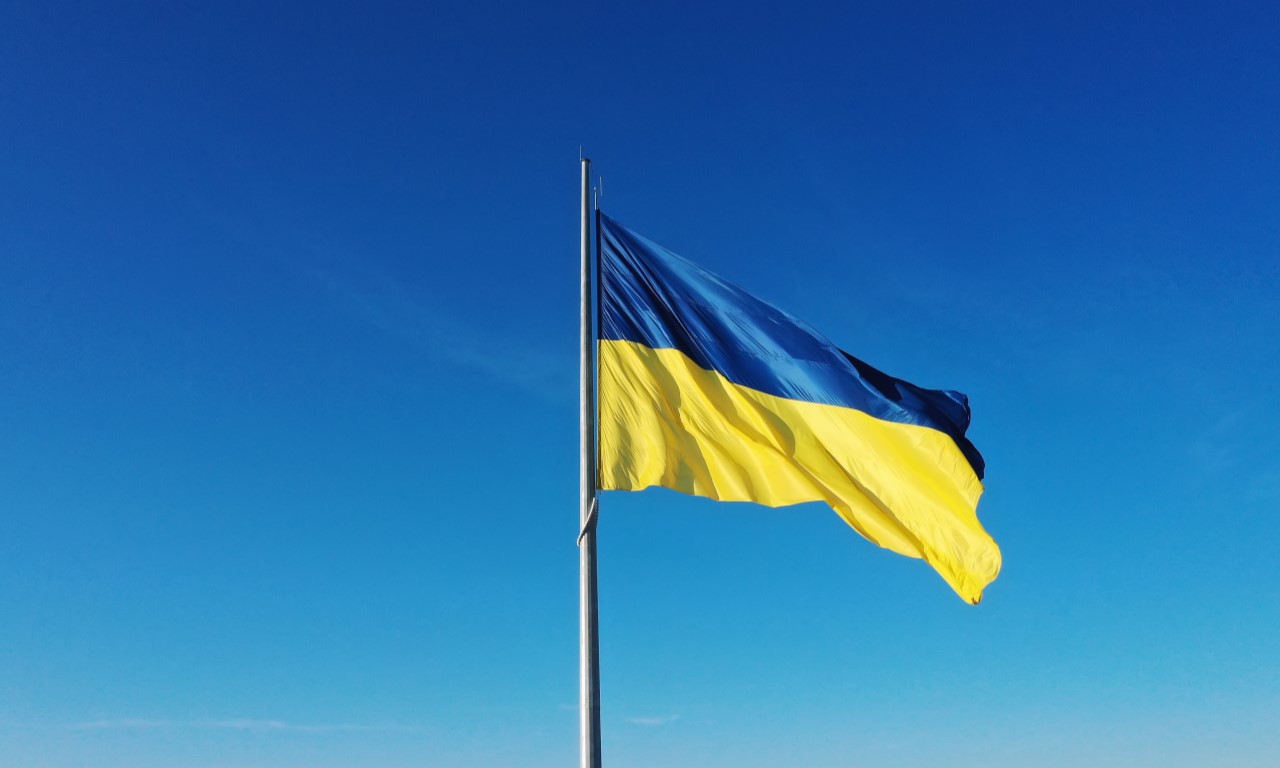Last week, world powers put pen to paper on an agreement that paves the way for the recovery of grain stranded in Ukraine’s ports.

And while the key measure of success will be the deal’s implemented, even the conclusion of terms should be heralded as a significant step in the conflict’s development. It has certainly helped allay global market fears.
Lloyd’s insurers played a key role in the closure of that deal, providing the protections needed to reassure those involved that the grain’s recovery was viable. It’s an example of how insurance can open doors and support society’s wider objectives, creating the financial conditions in which people and organisations operate.
The impasse over Ukraine’s grain has demonstrated how interconnected today’s world is – and how interlinked its risks are. A regional conflict, leading to port closures, has in turn disrupted our food supply; triggered market volatility; and prompted countries to introduce export bans to prioritise domestic stock. In the medium to long term, it could lead to a shift in global food production as economies invest in domestic industries and technologies and businesses reshore their supply chains to minimise exposure to geopolitical developments.
But food security has not been the only issue exposed to the devastating effects of this conflict. In fact, it has left few areas and industries untouched.
Understanding the fallout
Yesterday, Lloyd’s Futureset and Aon released Ukraine: A conflict that changed the world – a flagship report analysing the short, medium and long term impacts of the conflict on businesses around the world.
Informed by interviews with insurance experts and the latest scenario analysis, the report reveals how the situation will trigger a ‘domino effect’ of risks that will play out for some time. Diversification away from Russian oil will demand an accelerated transition towards renewable technologies. Strain on energy supplies will place financial and reputational pressure on businesses seeking to balance fiduciary obligations to shareholders with broader responsibilities to the planet; while the inflationary pressures arising could be exacerbated as businesses absorb costs to reshore supply chains and source new providers. All the while, domestic political tensions will be exacerbated by the challenging economic conditions – potentially triggering a rise in cyber attacks as states show increasing willingness to mobilise non-state actors to achieve their political objectives.
The risks are therefore far-reaching and highly connected; and you can read more about them in the full report.
Preparing for the future
The breadth of these impacts – spanning continents and industries – highlights the need for a truly global and cross-society response to mitigate the fallout. We cannot predict the future, but we can prepare for it.
Businesses must equip themselves with a knowledge of the interrelated risks arising from the conflict and deploy a proactive approach to building their organisational resilience. Insurers must support them with the innovative risk management solutions to mitigate this range of threats and help customers prepare for all eventualities. Further afield, governments, regulators and academics must join the global effort to share risk, relationships and knowledge in order to build society’s resilience against unexpected, systemic events – learning from our experience tackling the complex and interconnected risks of COVID-19 and climate change.
As society responds, Lloyd’s will continue to lend its expertise and solutions – covering crucial areas like cyber, aviation, space, trade credit and political risk – to enable braver, more informed decision making. This conflict has left our world dramatically altered, we must now prepare to live in the world it leaves behind.
This article first appeared on Linkedin on 28 Jul 2022.

Ukraine: A conflict that changed the world
The conflict in Ukraine has once again demonstrated the devastating toll that a systemic event can have on the global risk landscape. As quickly as the conflict began, our economic assumptions have been challenged; our energy mixes thrown into question; and our geopolitical relationships redefined.
The knock-on effects of the crisis will last a lifetime, and it is clear the damage already caused has left the world in a dramatically altered state. Business and insurers must work to understand and navigate the world it leaves behind.
Our latest report, Ukraine: A conflict that changed the world, created in partnership with Aon, aims to provide insights on the medium to long term impacts of the Ukraine crisis on the risk landscape. The analysis is based on in-depth interviews with 75 sector experts and practitioners across Aon and Lloyd’s, each providing real-life, practical insights on the challenges that companies are facing today and how they are adjusting their risk management approaches in response.
Bruce Carnegie-Brown - Chairman, Lloyd's
28 Jul 2022
